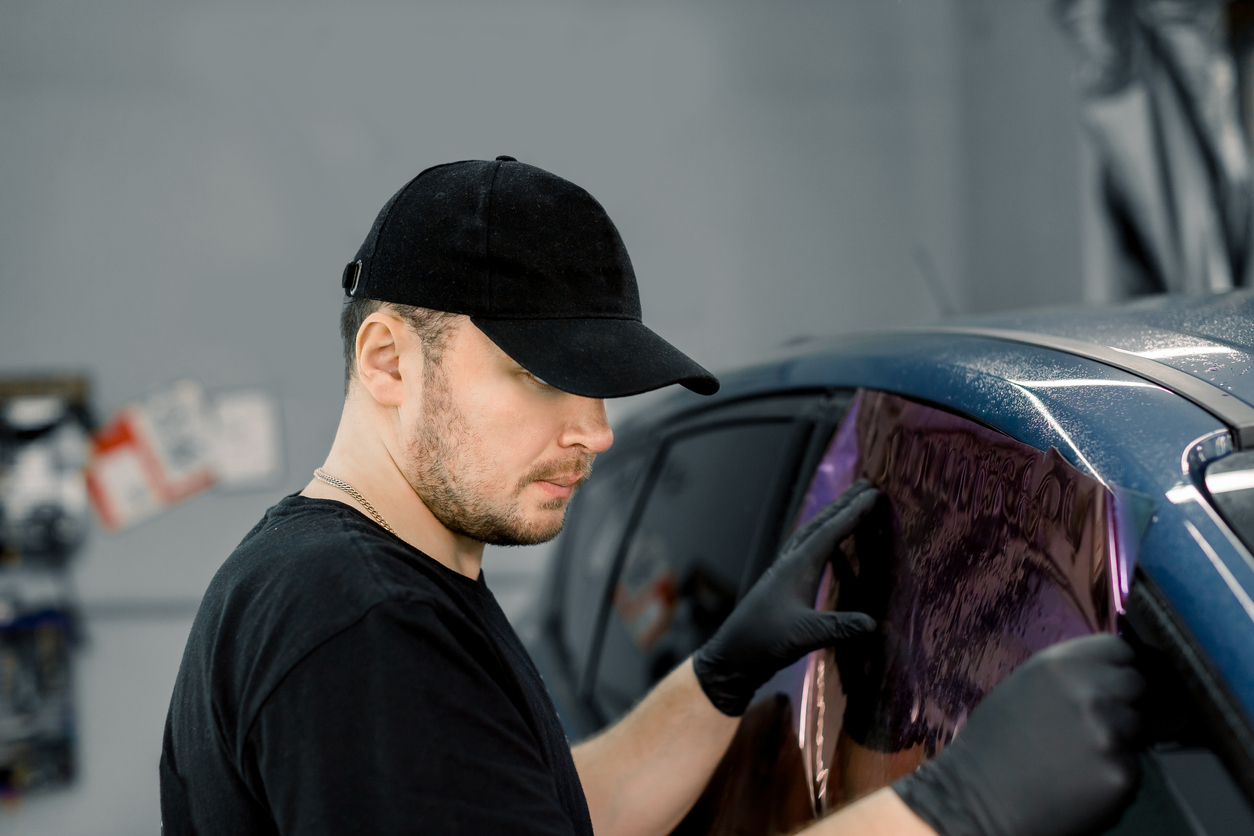Harlene Labrum | September 5, 2024 | Car Accident Lawyer Near Nashville Tennessee
Window Tint Laws In Tennessee

Tennessee drivers tint their vehicle windows for various reasons, such as to block out the hot sun and prying eyes. Window tinting provides several benefits. In addition to temperature control and added privacy, it can reduce glare, filter ultraviolet rays, and protect the interior from sun damage.
While the state does not prohibit tinting, it does limit how dark the tint can be, and for good reason—tint that is too dark can impair a driver’s vision.
Dark Tint Impairs Vision
If the tint is too dark, it can affect the driver’s visual acuity and depth perception, according to AAA. It diminishes visual acuity, a measure of vision sharpness at a distance, and depth perception, particularly in adverse weather conditions and at night.
Drivers communicate their intentions with other drivers using signals, brakes, and horns, but they also rely on eye contact and hand gestures, like waving. AAA points out that tinted windows make it nearly impossible for a driver to see the eyes and hands on the other side of the glass.
Equivalent To Ice On A Window
Not only do tinted windows put other drivers and pedestrians at risk, but they are also unsafe for police officers. When approaching a vehicle with darkened windows, it’s difficult for the officer to identify objects or the driver’s hands. A Bristol Police Department chief once compared it to a driver operating a vehicle with a layer of ice on their windows during the winter months.
In recent years, Tennessee police departments, including the one in Clarksville, have stepped up efforts to make drivers aware of the state’s window tint law and crack down on drivers who violate it.
Tennessee’s Window Tint Law
Tennessee Code Title 55. Motor and Other Vehicles § 55-9-107 prohibits any vehicle to have any window with a visible light transmittance equal to or less than 35%. A windshield can’t have a visible light transmittance of less than 70% except for the shade band. Reflective tints, which have a mirrored effect, are prohibited.
Law enforcement frequently emphasizes that newer cars and trucks often come with UV-reducing treatments. Adding any degree of extra tint may easily lower light transmittance to under 35%.
The law also prohibits professional installers from applying tinting materials that violate the law. The installer is additionally required to affix an adhesive label on the right corner of a driver’s window that contains the company name and the legend, “Complies with Tennessee Code Annotated § 55-9-107.”
Installers must also provide the vehicle owner with a receipt showing the installation date and the vehicle’s make, model, color, and license plate. It, too, will have the legend indicating compliance with the law.
Exemptions To The Law
Tennessee’s tint law does allow for exemptions. They are as follows:
- Certain commercial and government vehicles
- Law enforcement vehicles
- Vehicles used by private investigators
- Vehicles registered in other states, if they comply with their state law
The law also offers an exemption to drivers with medical conditions that could be aggravated by ultraviolet light, such as glaucoma and skin cancer. Drivers must apply for the waiver.
Tint Could Turn Into Tickets
Beyond increasing the chances of causing a car accident, a driver in a vehicle with illegal tint gives law enforcement probable cause to pull them over. If a field comparison test confirms the windows violate the law, the driver will likely be ticketed, which can cost between $100 and $230 but sometimes more. If the driver refuses the field comparison test, they may face a Class C misdemeanor charge.
Contact a Tennessee lawyer if you have any questions about window tint laws.
Contact the Tennessee Personal Injury Attorneys at Labrum Law Firm Personal Injury Lawyers Today
For more information, please contact the Nashville personal injury law firm of Labrum Law Firm Personal Injury Lawyers to schedule a free consultation today.
Our firm is located near you. We have an office in Nashville and Brentwood, Tennessee.
Find us with our GeoCoordinates: 36.1660546,-86.7795518
Labrum Law Firm Personal Injury Lawyers – Nashville
315 Deaderick St, Suite 1525
Nashville, TN 37238
(615) 265-0000

